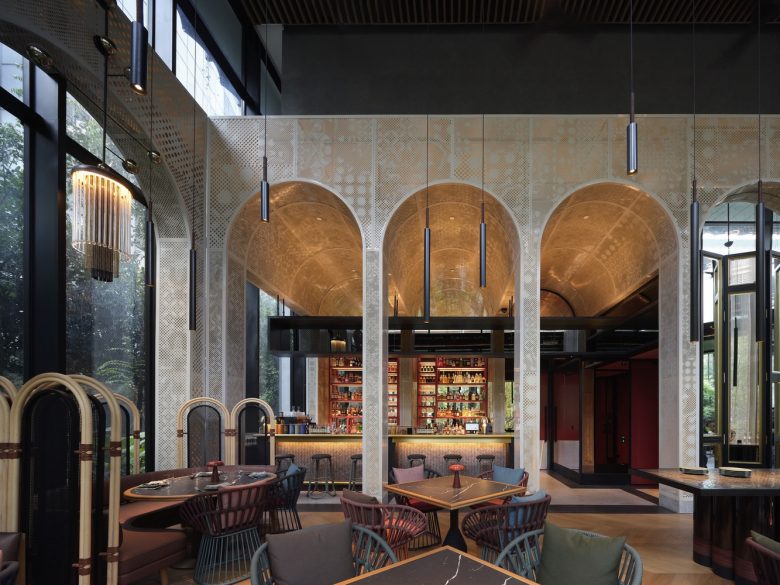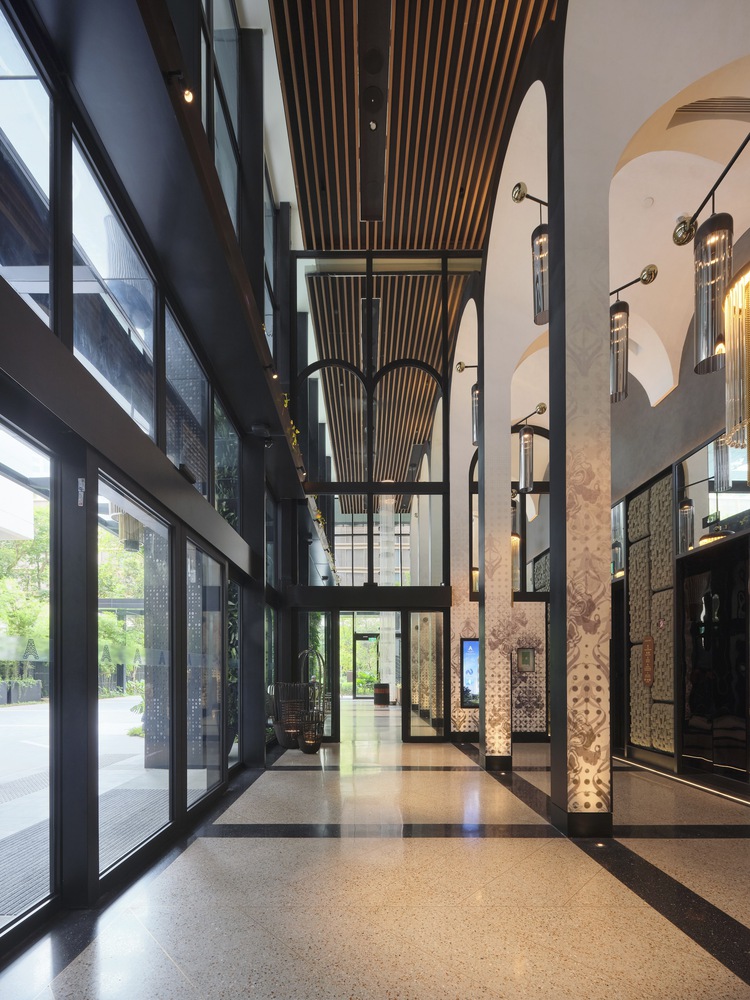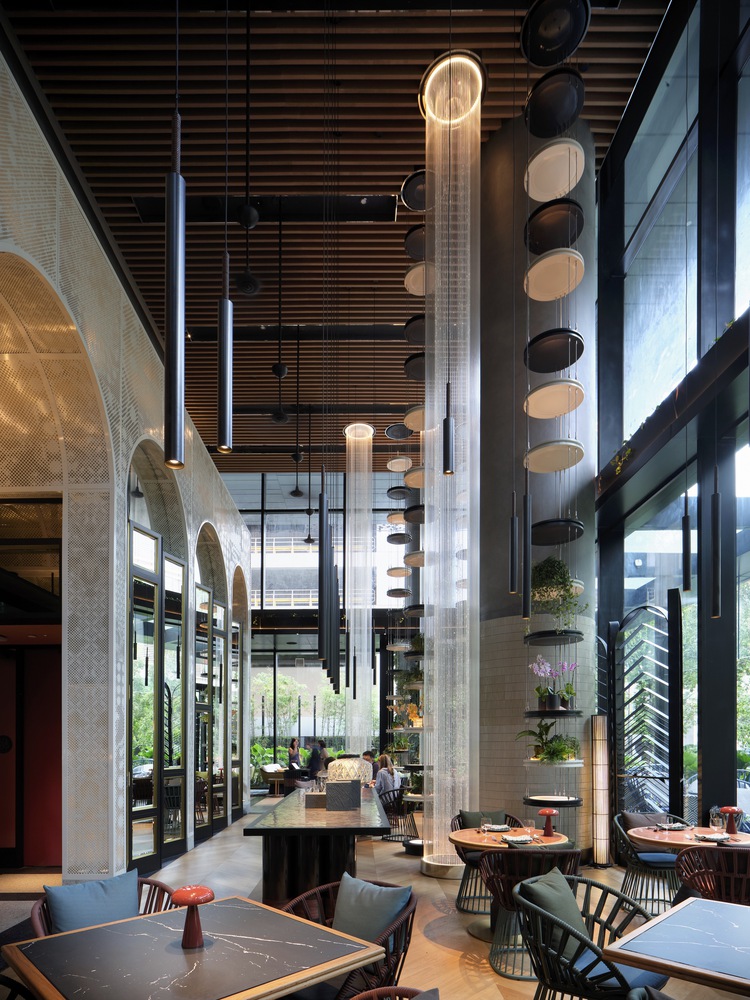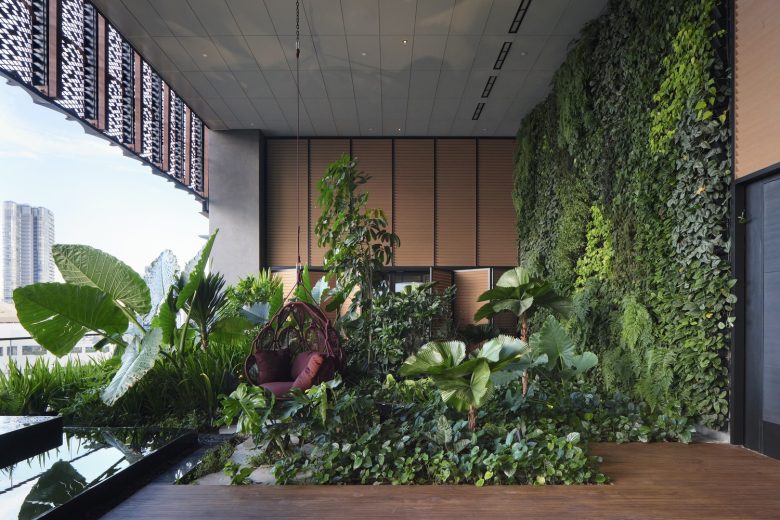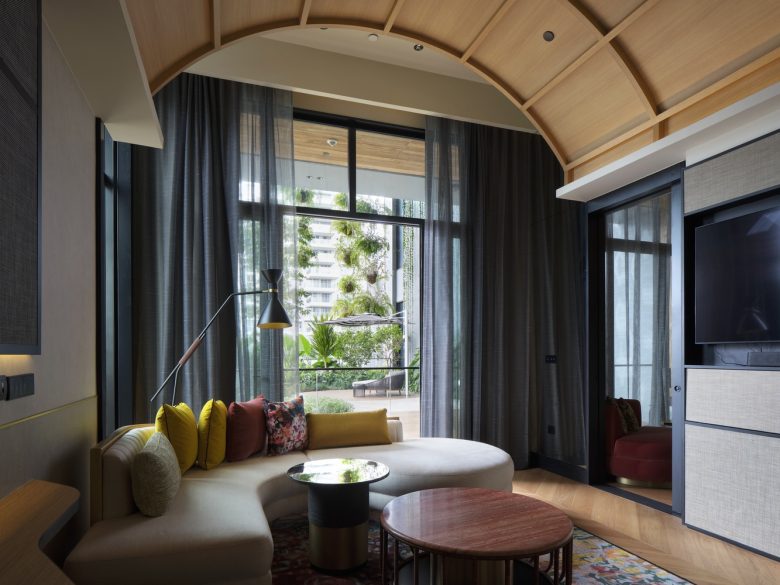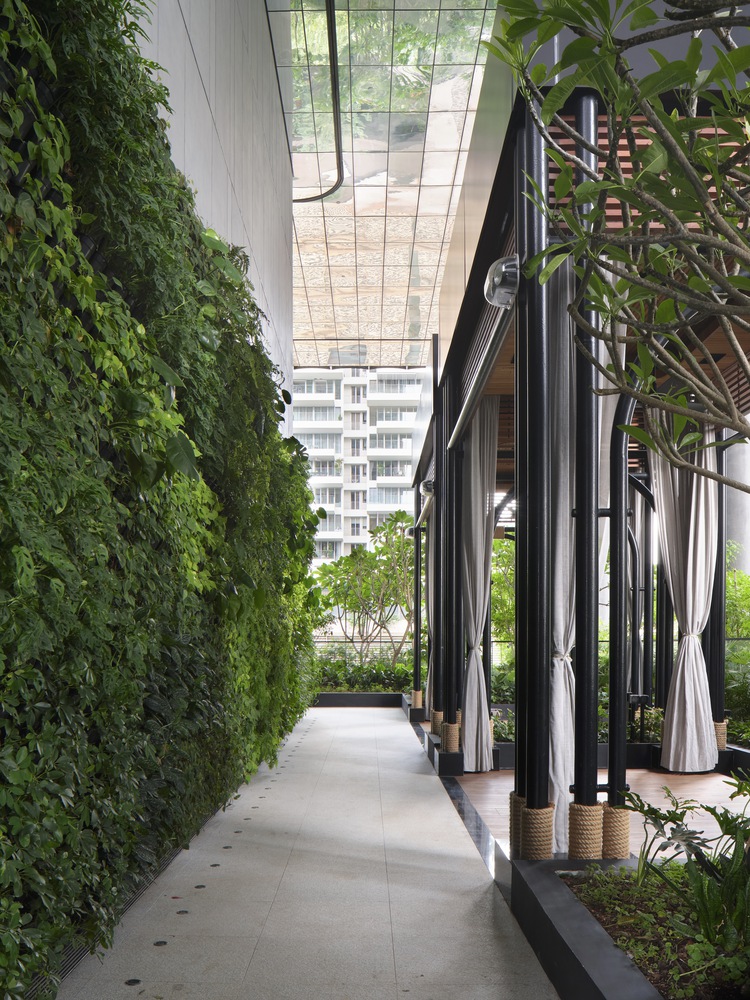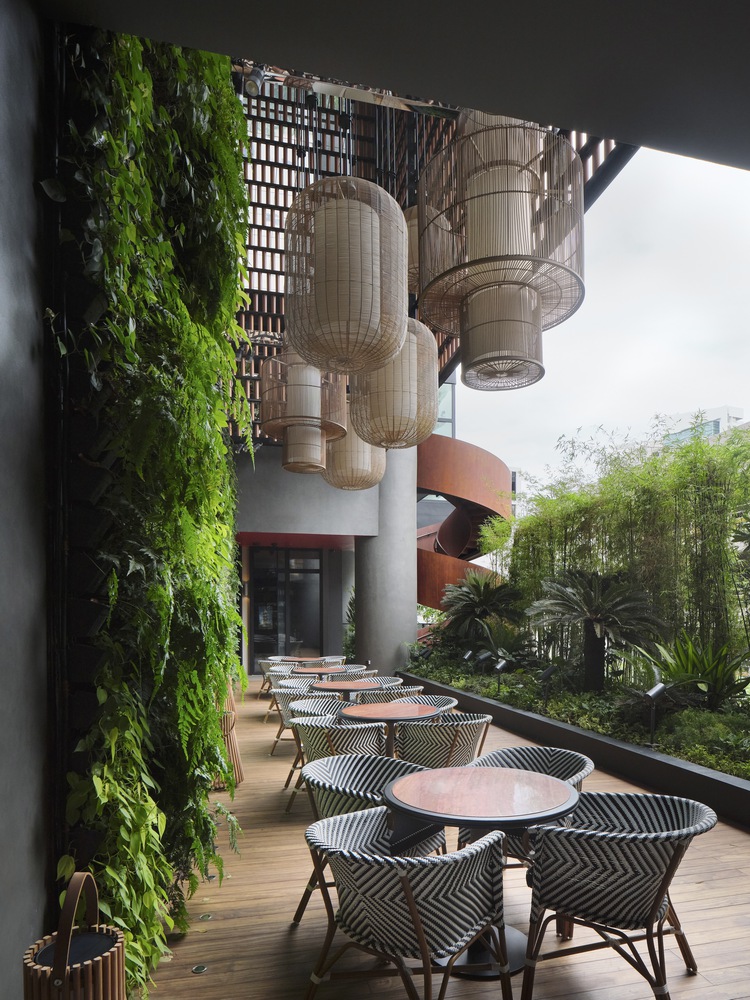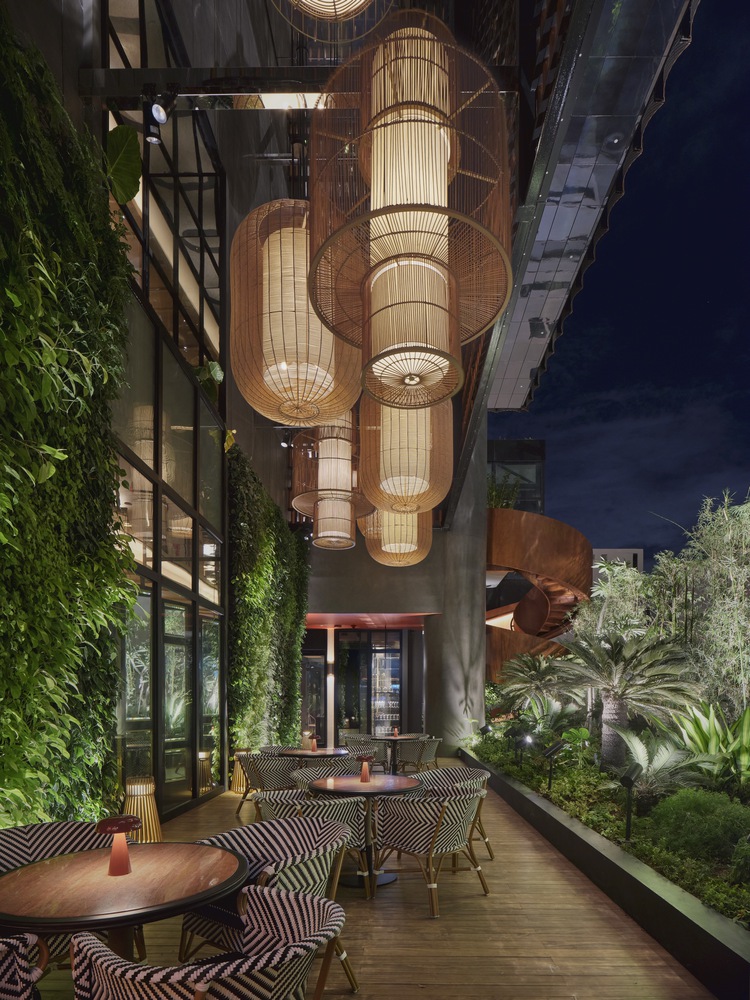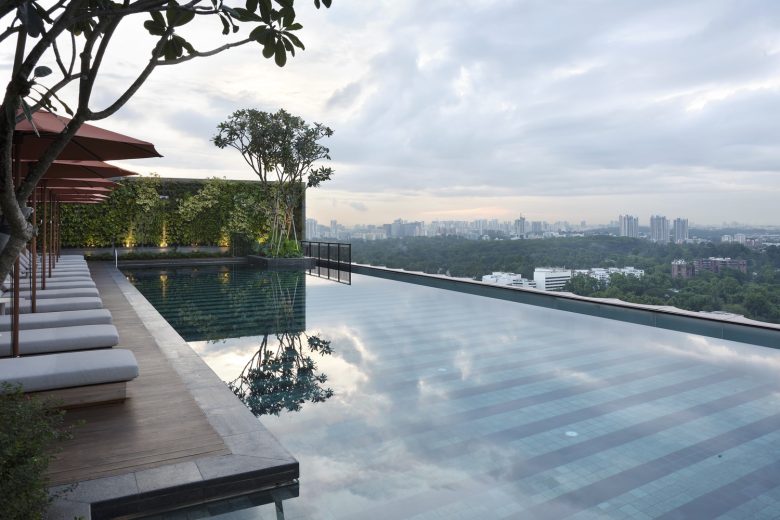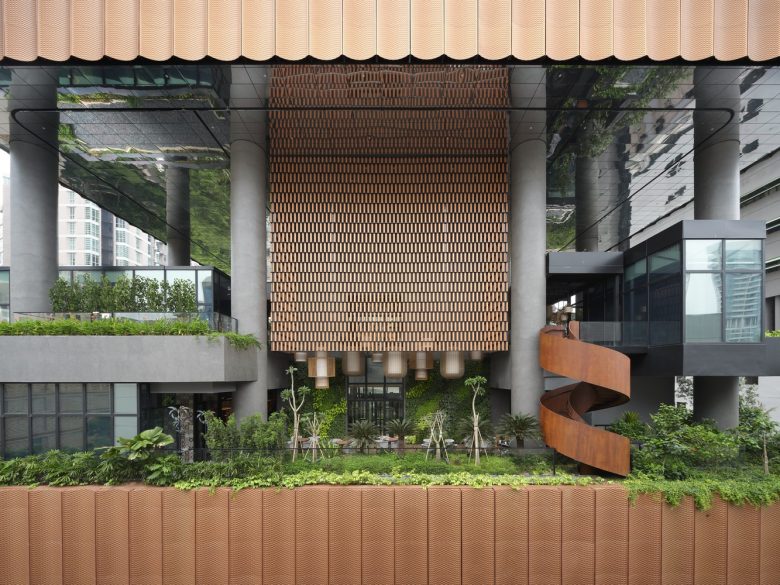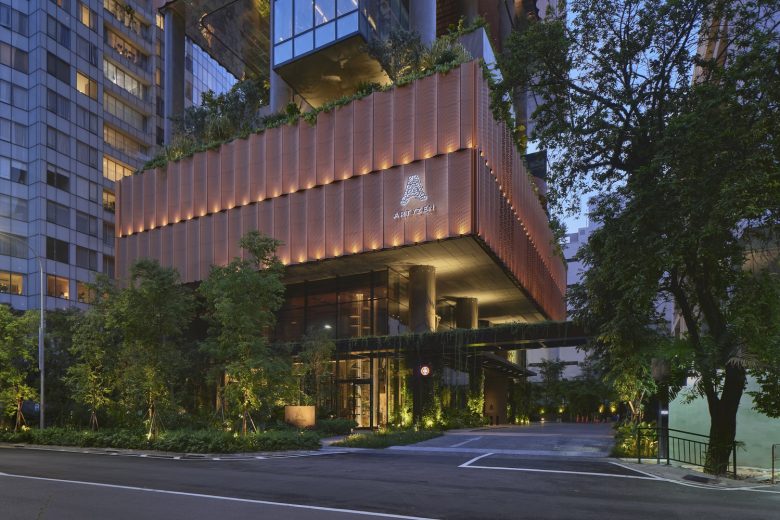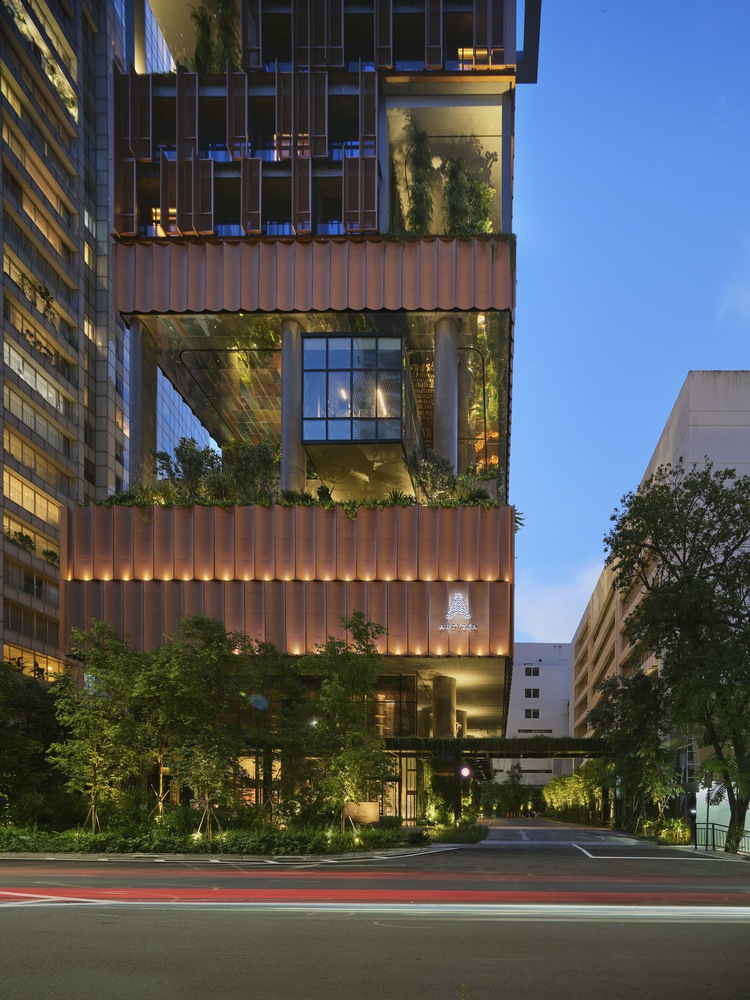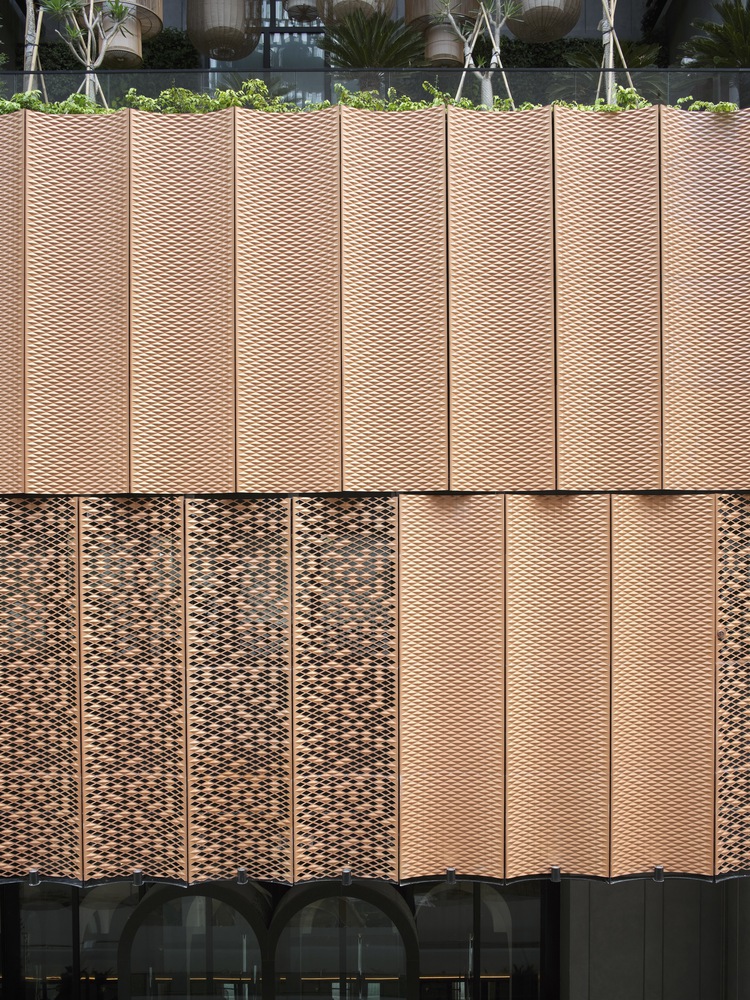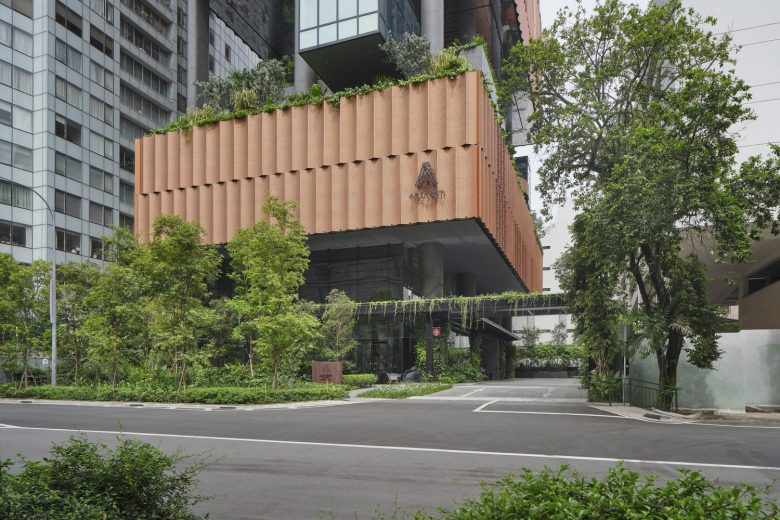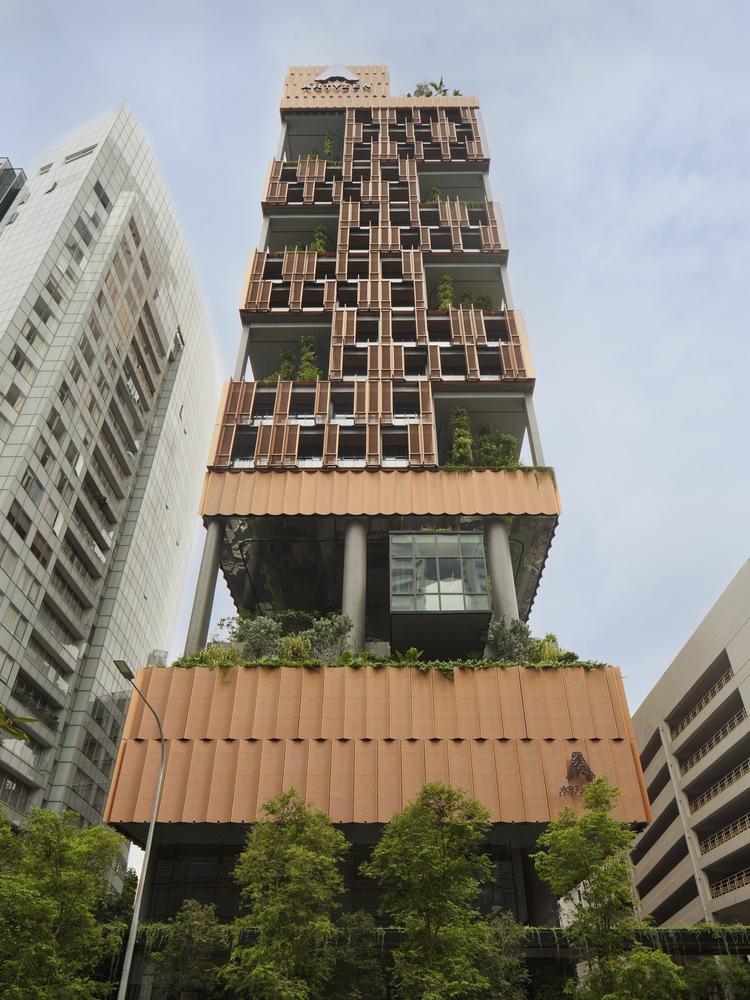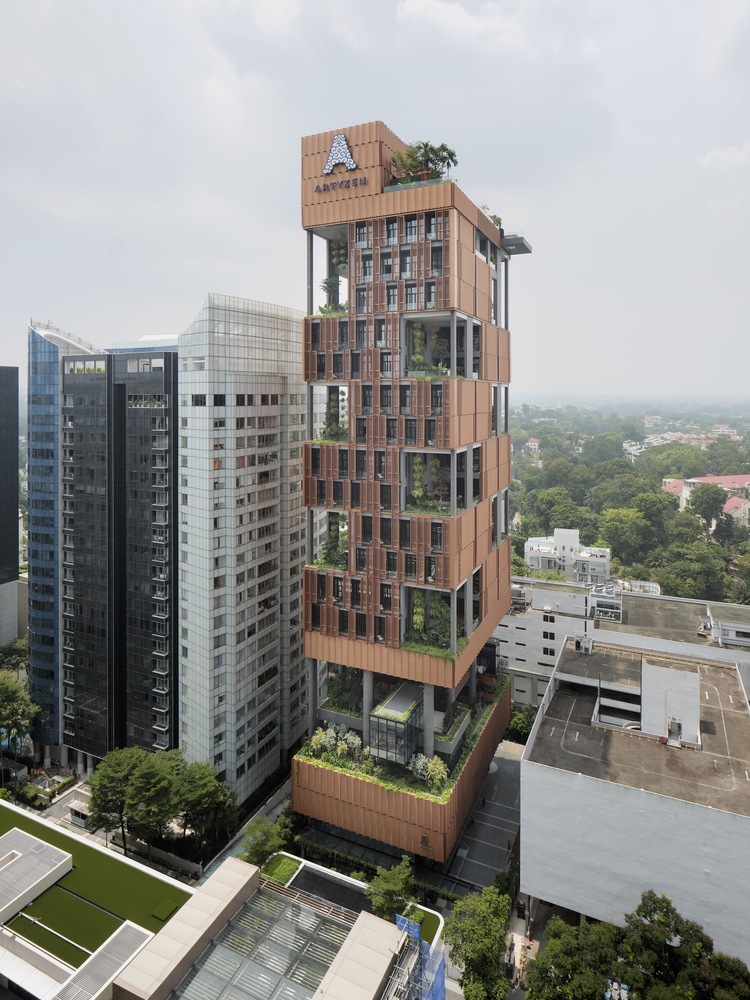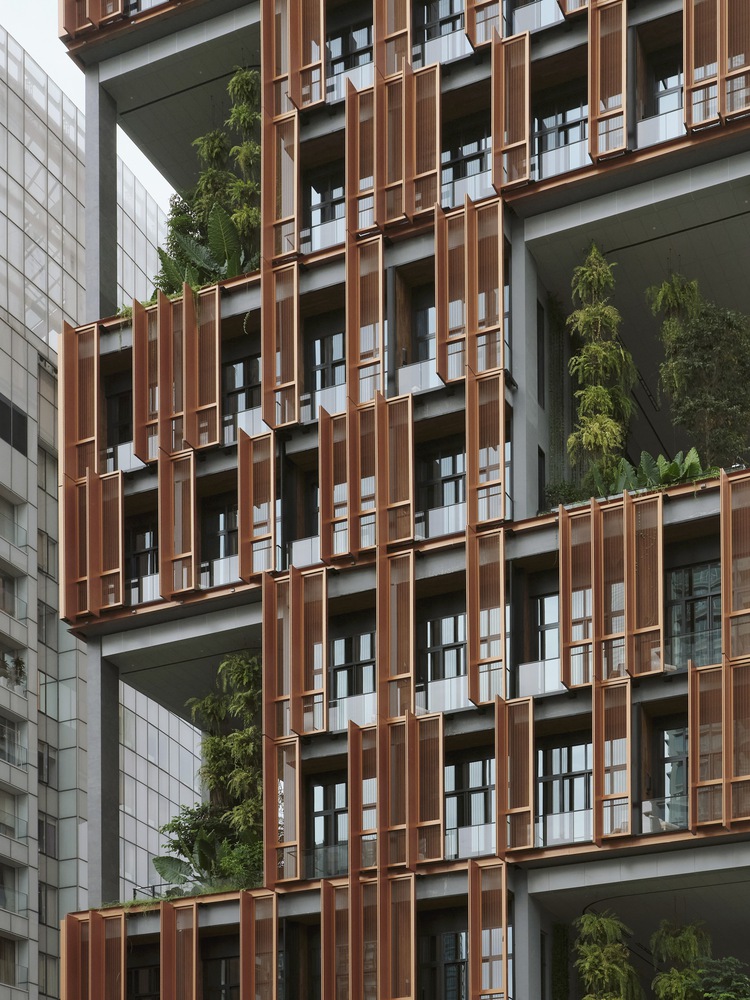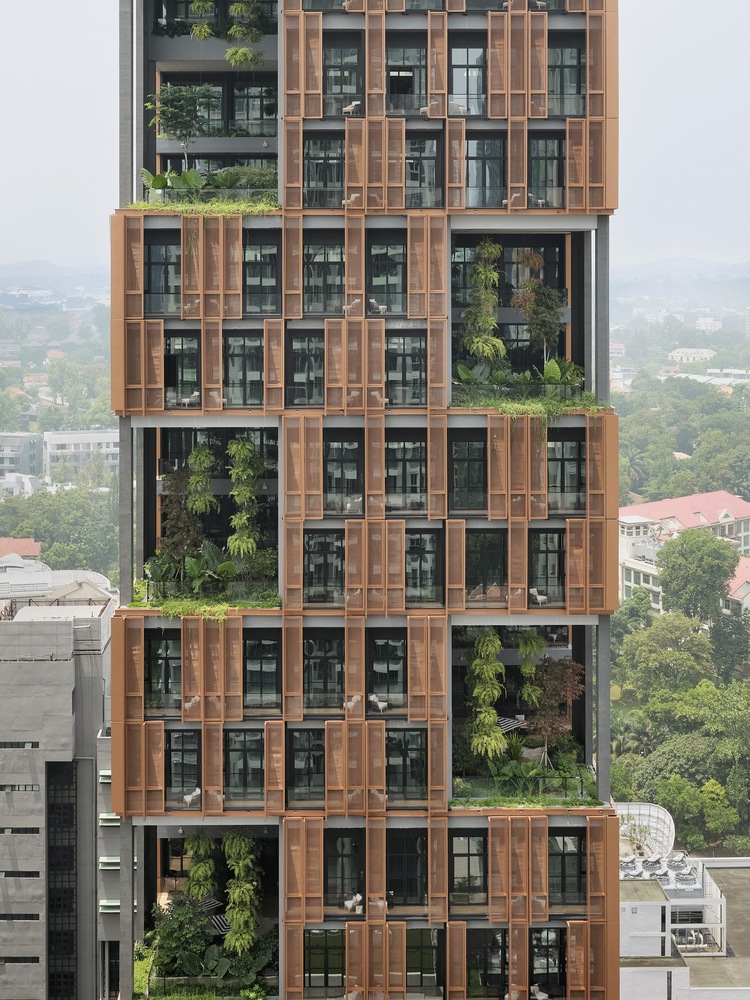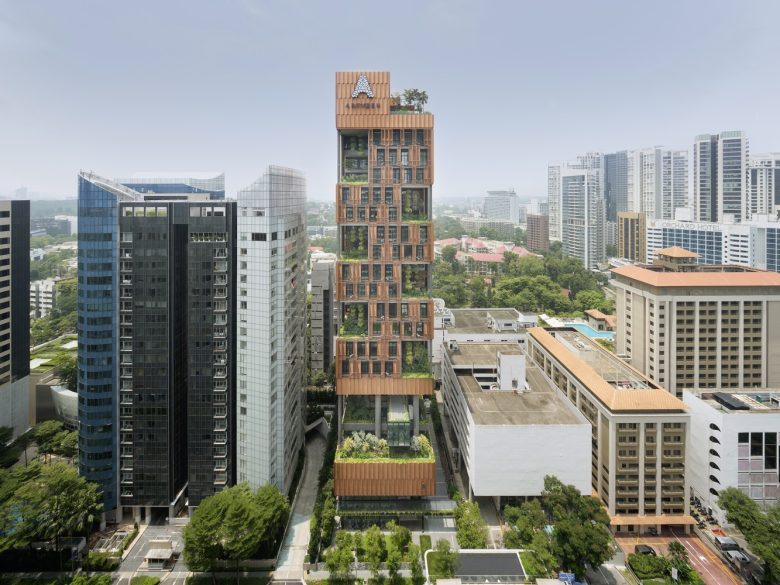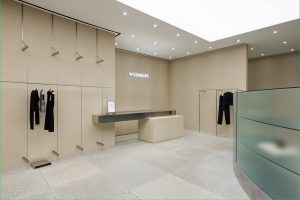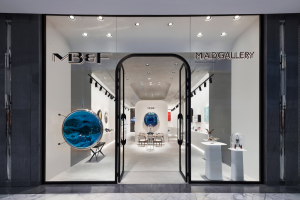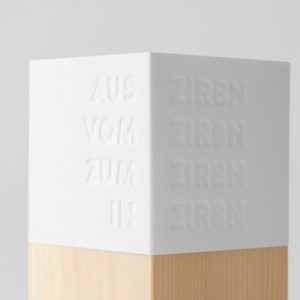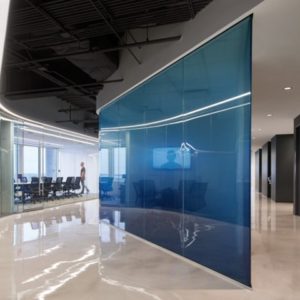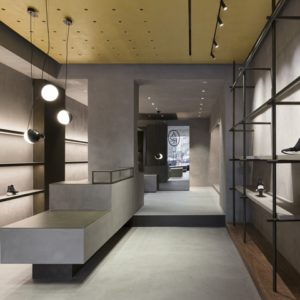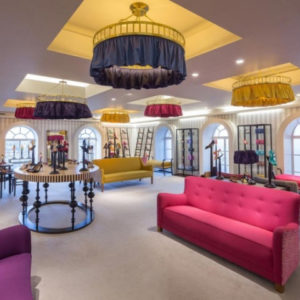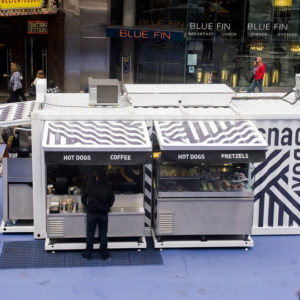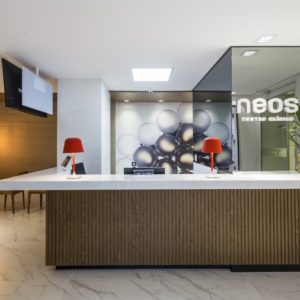
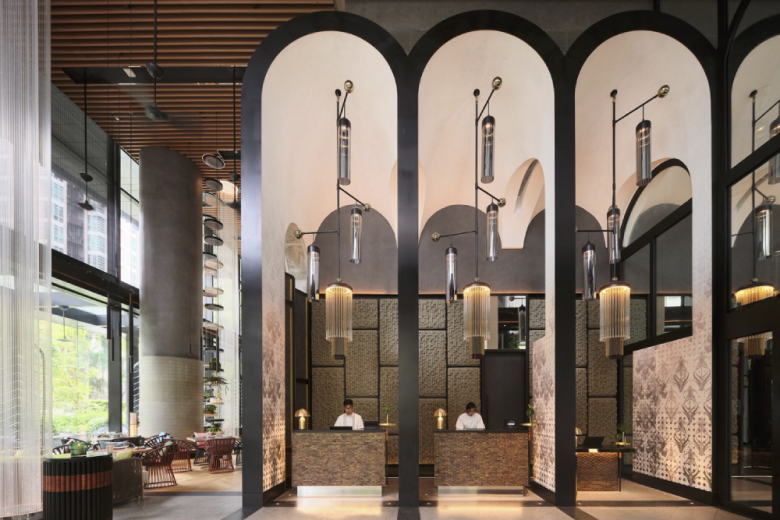
Artyzen Singapore is a culmination of past and present, international and local, low-rise and high-rise – where traditional wisdom in architecture is reinterpreted for a new structure. Inspired by Singapore’s culture, colors, and flavors, Artyzen Singapore is a modern lifestyle hotel for luxury travelers. Conceptualized as an oasis in the city, Artyzen Singapore offers an experience that is deeply ingrained with references to Singapore culture and architecture, its tropical climate, and its lush greenery. It is located along Cuscaden Road in the heart of the city and is just a stone’s throw from the bustling Orchard Road shopping belt, major embassies, and minutes away from Singapore Botanic Gardens, the first UNESCO Heritage Site in the city-state.
This iconic heritage landmark was once a sprawling tropical garden mansion named “Villa Marie” by the great-grandson of Singapore’s well-known philanthropist, the late Mr Tan Tock Seng. Built in the 1940s, it had long been vacated in its original state, while the surrounding areas developed with high-rise structures. The contrast between Villa Marie’s charming proportions and its modern surroundings could not be more apparent. The low-rise structure, intimate scale, transitional spaces between the indoor and outdoor areas, interiors complemented by elegant tall arches, the use of warm materials, and, most significantly, lush greenery in the courtyard have all inspired the design of the hotel.
Embracing this unique past, the building massing is designed as villas stacked vertically, each with its garden being an extension of the landscape. Stacked vertically, these “sky villas” create a unique architecture deeply ingrained in the tropical lushness of Singapore. Architecture elements, such as high ceilings, verandas, lush courtyard gardens, arches, and terra-cotta roof tiles, are reinterpreted in the new structure. This referencing not only connects the architecture to its unique context but also rediscovers the wisdom of climatic responses in the past, which is still very relevant today.
The hotel comprises five major parts. Sky gardens of 2-storey and 3-storey volumes are stacked on alternating floors, creating an interesting play on the façade.
1st / 2nd storey reception and lounge,
3rd storey back of house office,
4th /5th hotel amenities,
8th to 20th Guest Rooms and Rooftop amenities.
Moving into the hotel space, the verticality of space is explored. The main communal spaces at the 4th and 5th storeys are staggered and connected spatially. This elevated space is laced with lush greenery, creating an exclusive garden space for visitors. Coupled with high-level planters with draping softscapes, one would experience the profound transition from a busy urban scape into a lush oasis. Finished with a mirrored ceiling reflecting the greenery below, one would experience a garden space that feels open to the sky.
From the 8th floor upwards, the multiple sky gardens are connected to adjacent guest rooms, allowing guests to walk out from their balconies and directly immerse themselves in a tropical garden. On the roof terrace level, the elevated communal space captures the duality of the urbanscape in Singapore. On one side is the dynamic scene of the Orchard Road shopping belt. On the other side is the serenity of the low-rise Nassim Hill area. A lap pool is slightly cantilevered from the building mass, serving as a focal point where these contrasting urban scenes can be enjoyed.
The hotel is designed with building fenestration orientated to avoid the East and West directions, minimizing heat and solar glare. The sky terraces enable porosity, allowing natural ventilation to most of the building. On the façade enclosure, cast aluminum panels are cladded on the East and West sides of the building structure. These slightly concave panels are designed to provide a double skin envelope, reducing solar heat gain. Across the façade, guest room balconies are lined with steel mesh screens. Reminiscent of the window screens from traditional shophouse typology, these screens serve as both shading devices and afford occupants privacy.
Architects: ONG&ONG
Photographs: Fabian Ong
